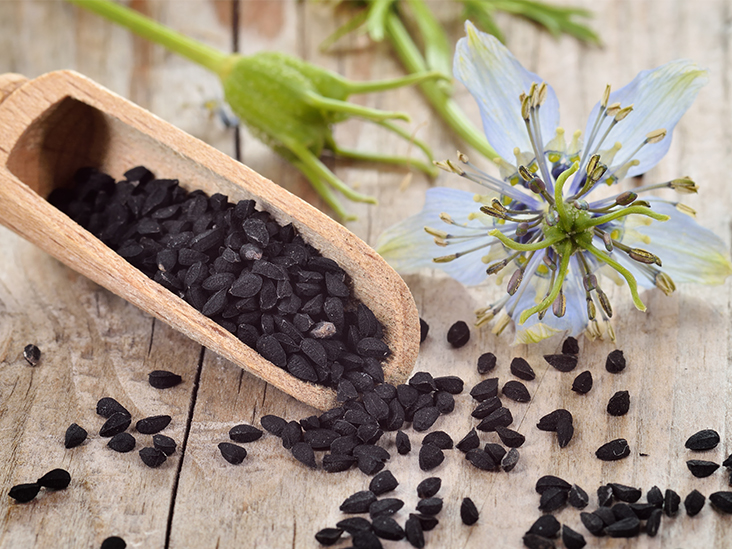Demand for high-value spice crops is on the rise around the world, giving confidence to proponents of establishing a new export-focused industry in northern Australia.
The CRCNA’s Spicing Up the North research project has released four new commodity market assessments for caraway, kalonji, cumin and fennel which show the market price for some of these condiments is up to US$3000 a tonne.
The research conducted at CQUniversity in Rockhampton found changing tastes among the middle classes for new flavours and the use of spices as ingredients in health products was contributing to the booming global demand.
CQUniversity Associate Professor Delwar Akbar said the investigation revealed that even in a major spice producing country like India, imports of certain spices more than tripled between 2013 and 2018.
“The trend analyses indicate that demand for all of these spices, in both Australian and international markets, is likely to continue increasing in coming years,” Dr Akbar said. “This presents a major opportunity to the Australian agricultural sector to replace Australia’s current spice imports with domestically produced crops, and for farmers to profit from the high values on offer.”
The Spicing up the North project is assessing the suitability of northern Australian conditions to the production of five different spices – black sesame, caraway, kalonji, cumin and fennel.
The project is led by CQUniversity and supported by industry partner AgriVentis Technologies.
Project participants also include the Burdekin-Bowen Integrated Floodplain Management Advisory Committee (BBIFMAC), TRAP Services Tully, Rockhampton Regional Council (RCC), the Northern Territory Department of Primary Industry Resources (NT DPIR), the Western Australian Department of Primary Industries and Regional Development (WA DPIRD), and farmers from across northern Queensland.
“Pending proof of their suitability to northern Australian environments, and possible fit within northern farming systems, future research will be required to understand the entire value chain, including investigating value-adding opportunities for health and medicinal products,” Dr Akbar said.
Key insights from the market assessments included:
- The trade value of cumin on the international market is US$3000/t in the USA. The Australian domestic market for cumin is supplied by imports, with 1080t imported in 2018, valued about US$3.8M. The demand trend analysis indicates that by 2025 Australia will be importing more than 1,800t/year.
- International market reports group together data for fennel, caraway, juniper, anise and badian, limiting the understanding of actual demand for each of these spices. In 2018 Australia imported 568t of this group of spices at an average import price of US$2,408/t and total value of US$1.37M. By 2025 domestic demand will exceed 2000t/year.
- The annual growth in the import market for the fennel, caraway, juniper, anise and badian group of spices is 8.9%, with Australia’s domestic market for fennel entirely supplied through imports.
- The international trading price of kalonji seeds ranged between US$ 2,258/t and US$2900/t. Australia is a net importer of kalonji seeds.
The four market assessment reports follow on from a report into the global market for sesame crops released in February, which found that global production will need to double over the next 20 years to keep pace with booming demand for black sesame seeds.
The reports concluded the opportunity for Australian industry to expand production will be determined by a combination of market factors, as well as environmental conditions and availability of suitable land.
Media enquiries
CRCNA Communications Manager, Carla Keith 0499 330 051
CQUni Communication & Stakeholder Engagement, Michael Thomson 0408 819 666


